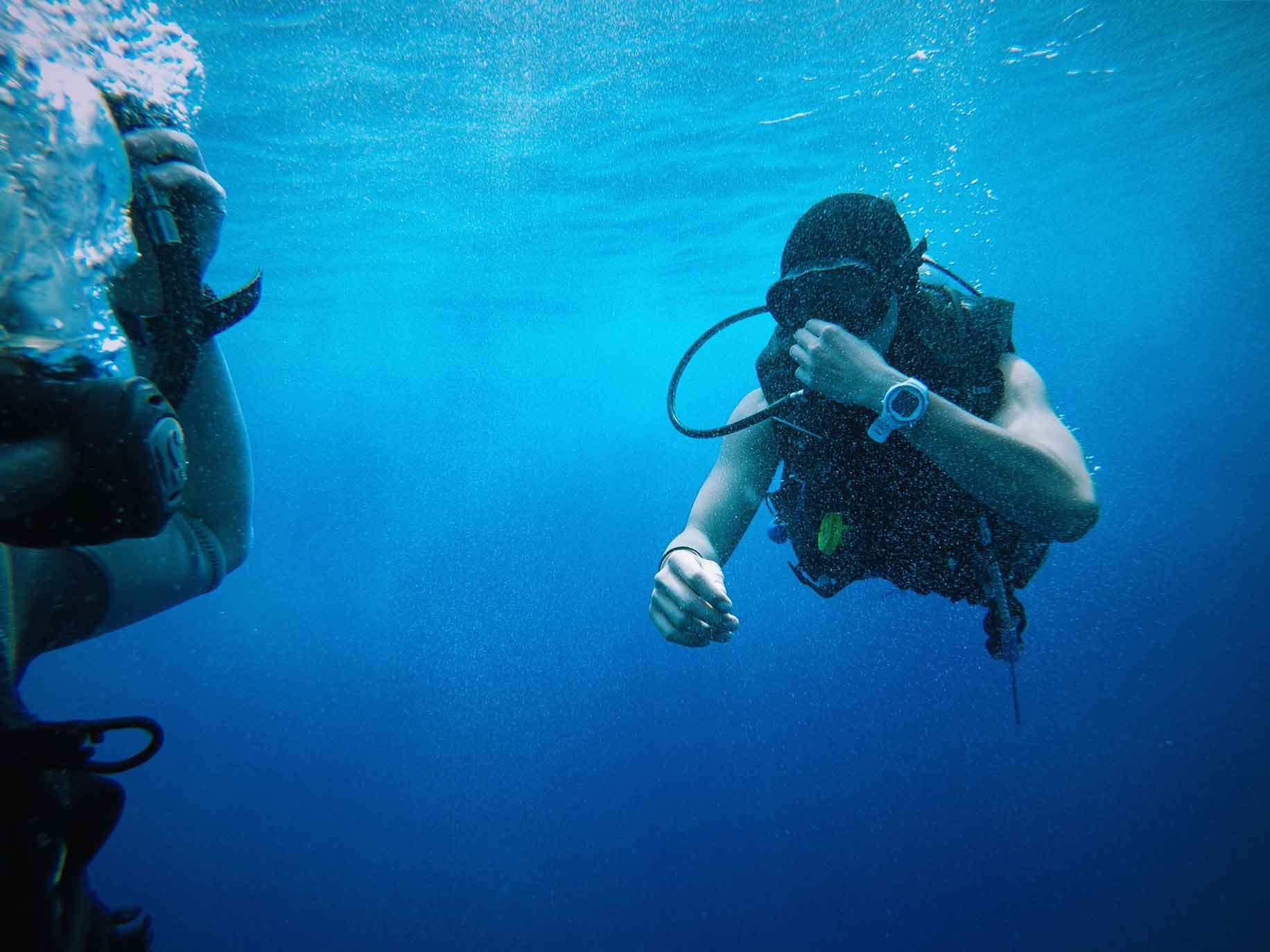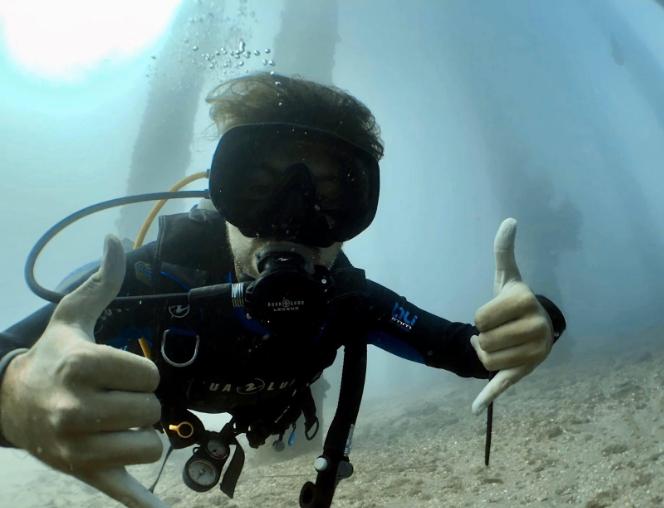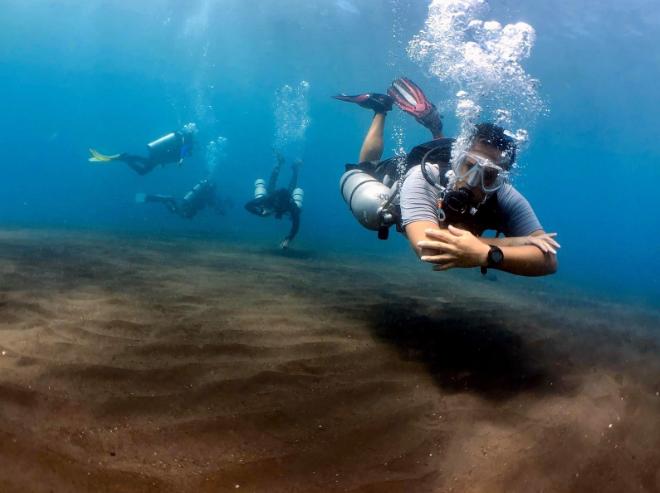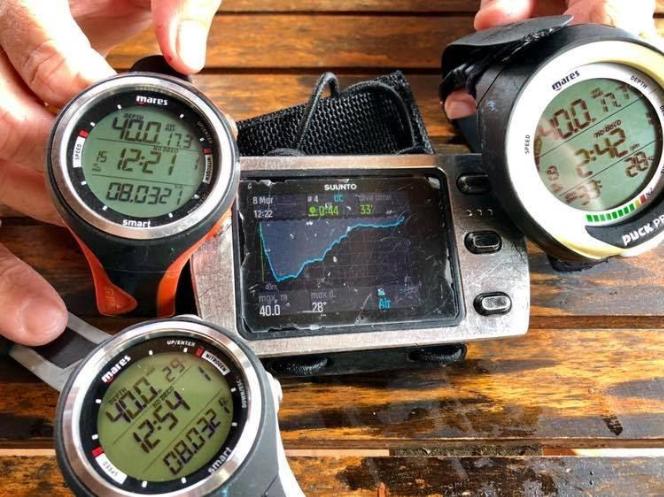IDC Theory and the Diving Knowledge Workbook
I find that one of the most difficult aspects of the IDC is the dive theory for many candidates. Not only is this crucial for passing your IDC, but more importantly, as working instructors, it is very important that we have a solid knowledge of dive theory within physics, physiology, environment, equipment and Decompression theory.
In this next series blogs, we will run through multiple questions from the diving knowledge workbook and discuss the different aspects of dive theory that we need to understand at the instructor level and work through each question.

Beginning with the physics section we have the following question:
Water is able to conduct heat far more efficiently than air because it is:
a. less dense than air
b. more dense than air
c. more fluid than air
d. less fluid than air
Now to understand this question, let’s look at some examples in everyday life. If it were a whopping 24 degree day in London, majority of the population would be running around in shorts and T-shirts like it’s the hottest day of the year. Now you take those same people and put them in 24 degree water for a dive and you would be lucky to make it 45 minutes before they would want to surface! That is if they didn’t rinse their air first due to all the shivering!
So why?
We have multiple forms of heat transmission but the one that affects us the most as divers is conduction. Conduction refers to the transmission of heat through direct contact. Now air conducts heat away from our bodies as well, however, water is much much denser than air.
Now that we have an understanding of conduction, let’s look at the difference of being on land verses being submerged. Whilst underwater, due to the density of the liquid, our body is in contact with many more molecules in comparison to the surface. Not only does this conduct heat away from the body but also due to water density, it is easier to transfer heat between the molecules, as they are much closer together than in air, which adds to the speed and effectiveness of the heat transmission. Because of this, water is actually able to conduct heat away from the body 20 TIMES faster than air.
So now if we take a look at our choice of answers, we would come to the conclusion that the correct answer is….
b. more dense than air
I hope this has helped some of you to understand heat transmission as well as why and how it affects us as divers. Keep following for more questions and explanations about dive theory and the diving knowledge workbook.
It is because of questions like this that I offer a week of theory preparation with all of our Instructor Development Courses at Blue Season Bali. It really helps create a solid foundation to build upon and also takes a lot of the pressure off during the IDC which allows for more time and energy to be spent focusing on the practical aspects of teaching!
Feel free to check us out at www.idc-bali-internships.com



